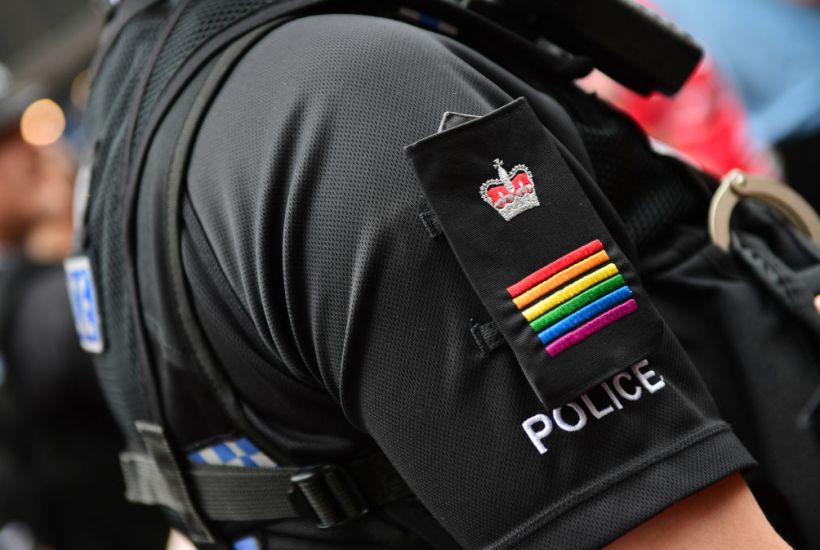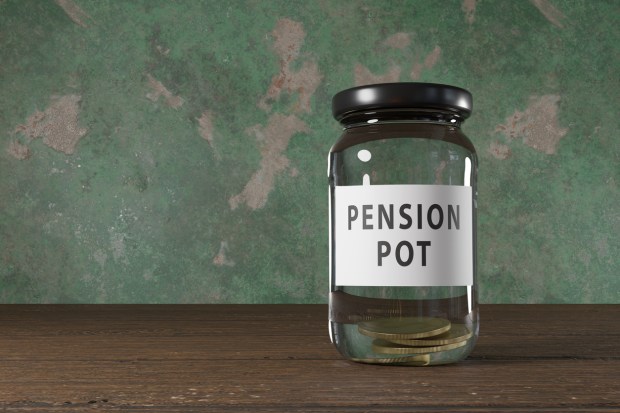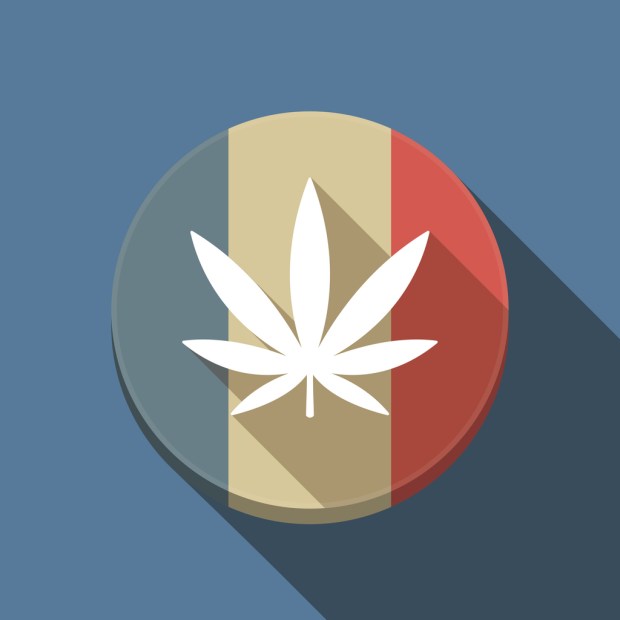What is the purpose of the police? Maybe your answer has something to do with “preventing crime” or “arresting criminals”.
Or maybe you think it’s the job of officers of the law to tell us how to behave, to police our conduct, and to make sure we all speak to each other nicely.
In which case, the copper for you is Deputy Chief Constable Julie Cooke of Cheshire Police. DCC Cooke has rather a big job in Cheshire, where there were more than 30,000 violent crimes in the year to August 2019 and the monthly rate of violent crime is up by more than 50 per cent in the last year.
Fortunately, however, DCC Cooke has still managed to find time to make a video marking International Pronouns Day.
If you’re not familiar with that occasion, the DCC is here to explain that pronouns are very important and we should always take care to use the pronouns – he/she/they/ze/whatever – that other people want us to use for them. This is especially important to “people who identify as transgender and gender non-conforming,” DCC Cooke says.
Today marks #pronounsday – seeking to make sharing, educating and respecting personal pronouns commonplace. @pronounsday pic.twitter.com/pe9x9GWTJj
— Julie Cooke (@DCCJulieCooke) October 16, 2019
“It is so important to understand the pronouns that somebody wishes to be used for them,” the uniformed DCC tells us in her video, filmed in front of a Cheshire Constabulary background – just in case we were in any doubt about whether this is an official police communication.
“Being misgendered can have a huge impact on somebody and their personal wellbeing. It also can be used as a form of abuse for them, and that just isn’t right,” DCC Cooke says.
Indeed it is not: personal abuse is unpleasant and unkind and decent people deplore it and avoid it. But is it a crime?
Will the fact that a senior officer has used police resources to issue a public statement telling the public to respect the pronouns of others make some people wonder if the police now view “misgendering” as a criminal offence?
Will this sort of thing have some effect on free speech?
Should women who really, really don’t want to refer to male-born transwomen as “she” be put under pressure to say things they don’t believe?
Should the feelings of transwomen in such cases automatically have priority over the feelings of women who feel uncomfortable using words they believe denote something fundamentally untrue?
And is it really the business of the police to tell us how to speak to each other?
Sadly, DCC Cooke’s video doesn’t answer any of those questions, leaving us all to reach our own conclusions.
Got something to add? Join the discussion and comment below.
Get 10 issues for just $10
Subscribe to The Spectator Australia today for the next 10 magazine issues, plus full online access, for just $10.




















Comments
Don't miss out
Join the conversation with other Spectator Australia readers. Subscribe to leave a comment.
SUBSCRIBEAlready a subscriber? Log in